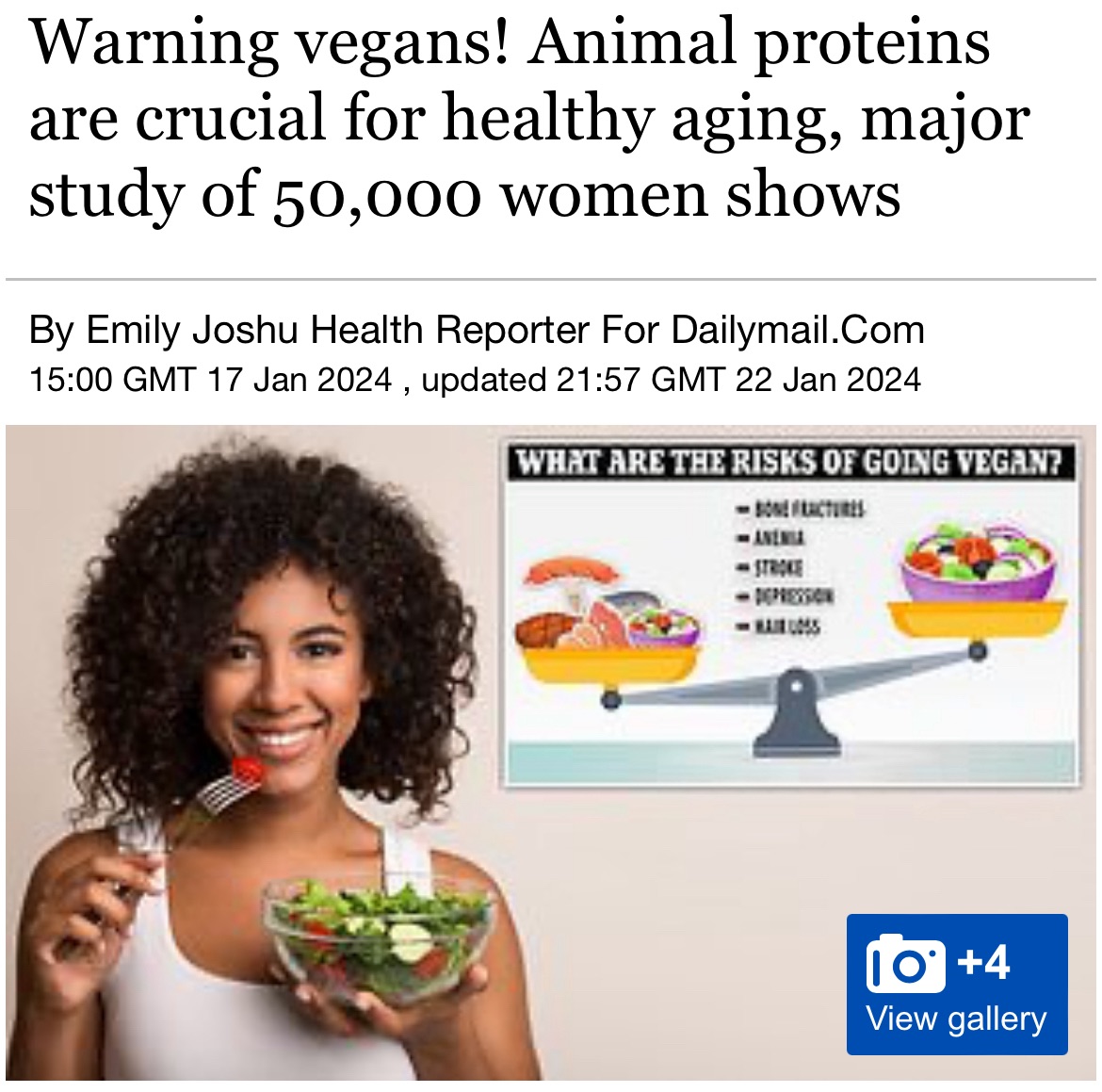There’s a reason we call certain foods “comfort foods” ― they have the power to temporarily elevate our spirits. But is there any science behind certain ingredients’ ability to affect our emotions? “The term ‘comfort foods’ is code for foods that spike your blood sugar and dopamine levels, which can bring a quick, temporary sense […]
Meat is good for you. There are experts who might disagree with me, and many researchers continue to search for evidence linking meat to heart disease, for example. But as a Harvard-trained, board-certified psychiatrist specializing in nutritional and metabolic psychiatry, I’ve long been curious about the relationship between food and brain health, as well as overall
It’s World Cancer Day and we’re highlighting an unusual metabolic property of cancer cells known as the Warburg Effect. The Warburg Effect was first described by Otto Warburg nearly a century ago. He noticed that tumors consume huge amounts of glucose and that the majority of the glucose consumed is fermented to lactate, rather than
Mothers who are obese during pregnancy have almost twice the odds of having a child with autism as women who weigh less, a U.S. study suggests. When women are both obese and have diabetes, the autism risk for their child is at least quadrupled, researchers reported online January 29 in Pediatrics. “In terms of absolute
Maternal obesity, diabetes tied to increased autism risk in kidsRead More »
Plant-based eating has been put on a pedestal for years with claims that it’s more nutritious and wards off diseases better than eating meat.
Colorectal cancer is the deadliest cancer for men under age 50 — and the second deadliest cancer among women in the same age group, behind breast cancer. The incidence of colon cancer has been rising for at least the last two decades, when it was the fourth-leading cause of cancer death for both men and women under 50. Among
Could a low-carb diet give you an edge in losing weight? Definition A low-carb diet limits carbohydrates, often called carbs — such as those found in grains, starchy vegetables and fruit. A low-carb diet focuses on foods high in protein and fat. Many types of low-carb diets exist. Each diet has varying limits on the
PETALING JAYA: It’s World Diabetes Day and here’s the bitter truth – the disease has become more common in Malaysia, with its prevalence increasing by seven percentage points over the past decade. We are also the country with the highest rate of cases in South-East Asia. About 19% of our population was diabetic in 2021
Cholesterol is a fatty substance found in your blood. It’s a type of lipid produced by animal cells as part of the cell membrane. Cholesterol is also used to make hormones, nerve sheaths, bile salts and vitamin D. It is also used to transport proteins. It is typically produced in the liver. It is essential
Executive summary * This week’s study made media headlines worldwide and generated much interest on Twitter. * It claimed that having examined data from 216,695 people, red meat intake (total, processed and unprocessed) increased the risk of developing Type 2 Diabetes (T2D). * This makes no sense from the outset, as diabetes is a glucose













